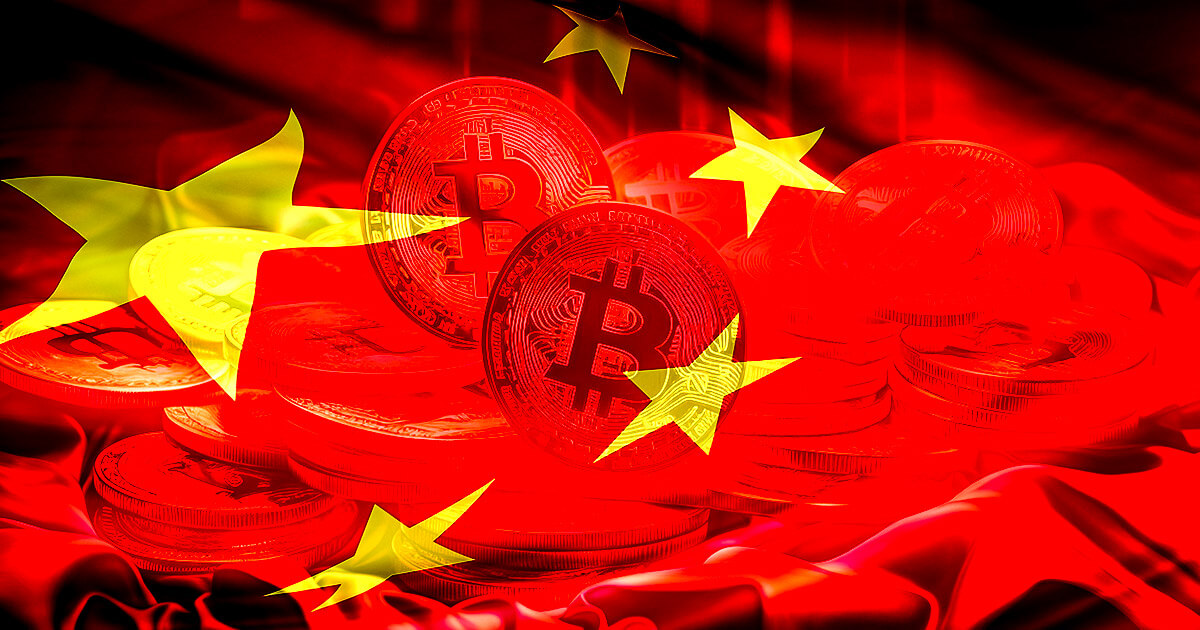

Zhu Guangyao, China’s former vice minister of finance, called on the government to re-evaluate its approach to Bitcoin and crypto, emphasizing the need for deeper research into the technology, according to local media. reports.
Speaking at the Tsinghua Wudaokou Chief Economist Forum 2024 on September 28, Zhu warned about the risks of digital assets but highlighted their growing significance in the global digital economy.
Call to turn
Zhu acknowledged the negative impacts of cryptocurrencies, particularly the risks they pose to capital markets and their potential to disrupt efforts to combat money laundering and terrorist financing.
He stated:
“We must fully recognize the risks and the dangers they pose to the capital markets. However, it is crucial to study international trends and policy adjustments as they are an essential part of digital economic growth.”
In assessing the evolution of crypto, Zhu pointed to long-standing US concerns about the destabilizing effects of digital assets on global financial markets. He noted that for more than a decade, U.S. policymakers have viewed crypto as a significant threat to international efforts to combat money laundering and terrorist financing, due to its volatility and disruptive impact.
However, he pointed out that US policy has changed in 2024, with former President Donald Trump incorporating crypto into his campaign platform and the US Securities and Exchange Commission approving 11 Bitcoin ETFs for listing on stock and futures markets.
Trump recently headlined the Bitcoin 2024 conference and promised to support the industry’s growth. He argued that if the US did not take a leading role in the sector, other countries such as China would ‘catch up’.
Zhu also highlighted the importance of developments in emerging markets and BRICS countries, including Russia, South Africa, Brazil and India, which have taken steps toward integrating crypto into their financial systems.
Russia recently introduced legislation allowing the central bank to oversee the crypto sector and companies to settle foreign transactions with crypto payments.
The forum emphasized the need for China to remain vigilant and abreast of international shifts in crypto policy to ensure the country remains competitive in the rapidly evolving digital economy.
China’s Ban on Bitcoin
China first imposed restrictions on Bitcoin in 2013, banning financial institutions from conducting crypto transactions. However, this could not prevent the country’s burgeoning industry from growing.
In subsequent years, the government has escalated its measures, banning initial coin offerings (ICOs) in 2017 and shutting down domestic crypto exchanges.
A few years later, in 2021, China introduced a complete ban on Bitcoin mining and trading, citing concerns about financial stability, fraud and environmental impacts. This ban effectively banned all forms of crypto transactions, causing many crypto-related businesses to move abroad.
Despite the crackdown, some underground trading continued through decentralized platforms, with volumes continuing to reach billions of dollars. Meanwhile, Chinese mining pools continue to dominate the Bitcoin hashrate despite the blanket ban in the country.







Leave a Reply